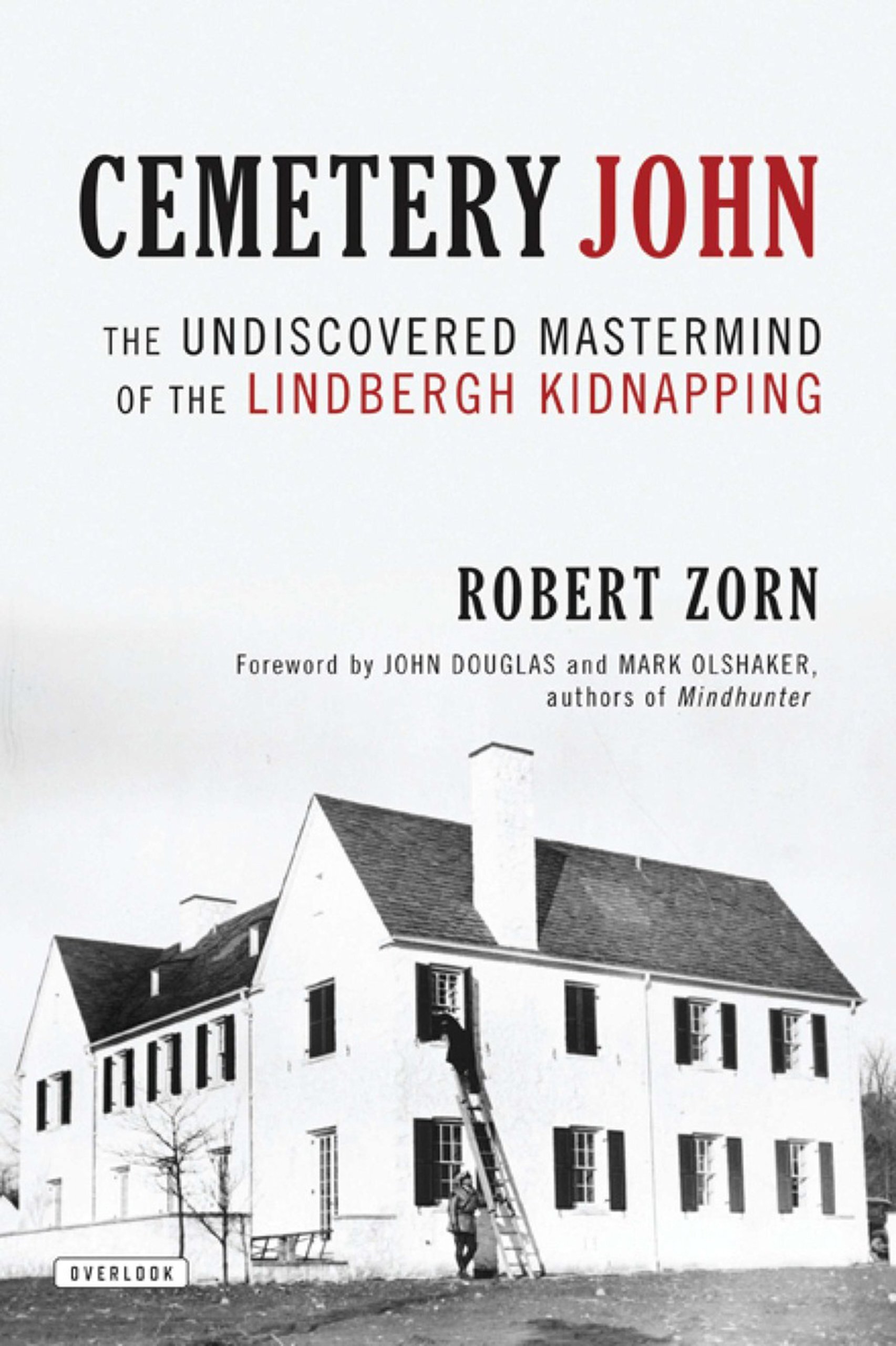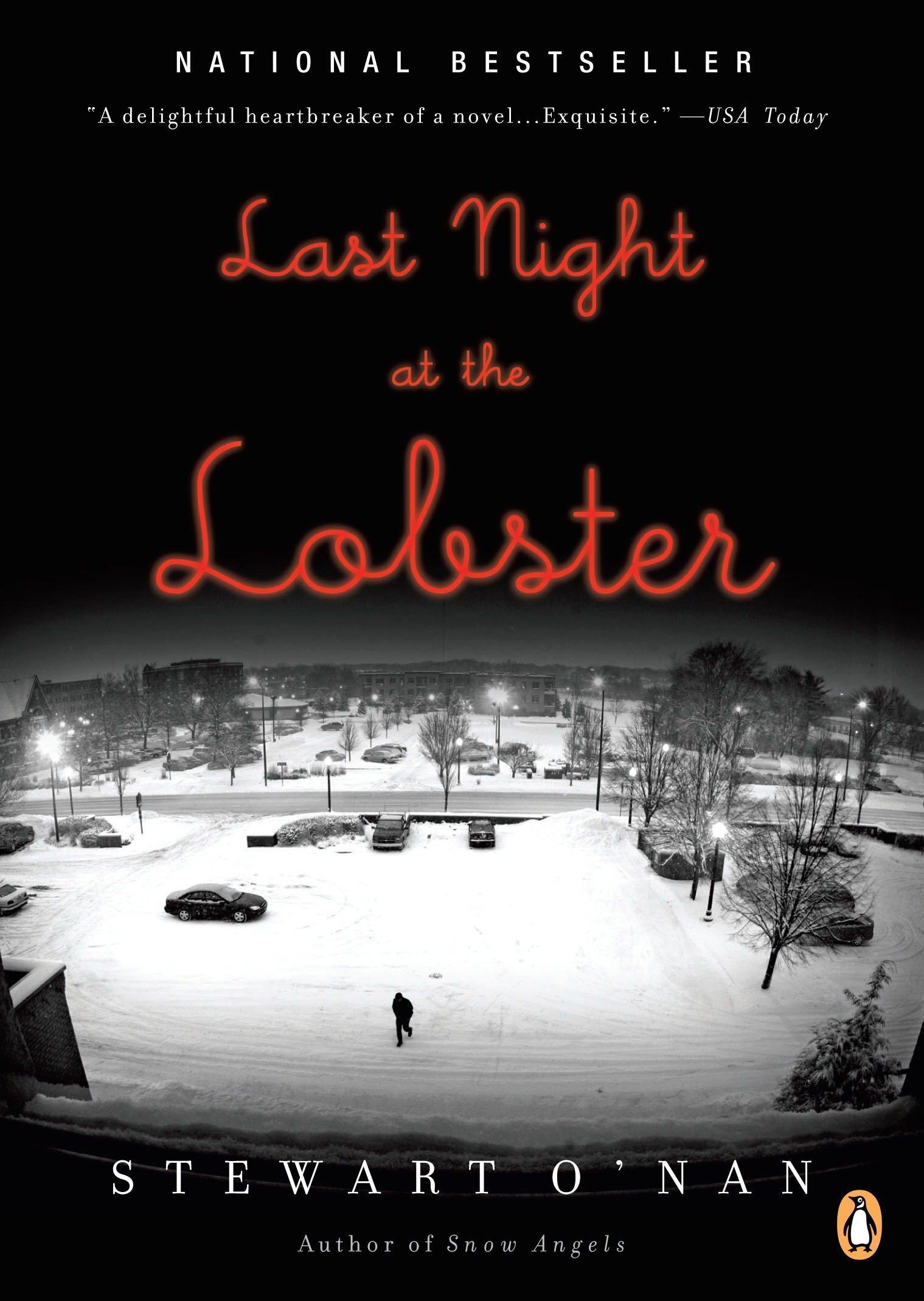This has been a strange year for reading. It started out with a reinvigorated love of using the local library, and then the pandemic hit. One would think that working from home would allow me extra time to burn through more books than usual, and yet I read less this year than in previous years. I also stumbled into a stunning series of DNF (did not finish) roadblocks than ever before, a whole string of books that lost me a chapter or two in. Oddly enough, many of those books took place in libraries and bookshops, much to my heartbreak. I wanted at least one of them to be good, but they weren’t. However, these books below are the ones that captivated me the most and I’d recommend any of them.
10. Cemetery John by Robert Zorn
This was my first library rental of the year, and it covers a topic that has intrigued me since my youth: the kidnapping of the Lindbergh Baby. In this account, the author also posits a very personal and fascinating theory: not only does he explain who he thinks is the mastermind behind the crimes, but he met the man (and his co-conspirators) as a child. He sold me on his theory, but you should read for yourself.
9. Medium Raw by Anthony Bourdain
Kitchen Confidential was my favorite book of 2019, so I started the year with this one, taking it along on a quiet little getaway in Maine to read by a fireplace. I’m glad I did because Bourdain is always a pleasure to read, even if this one ended up being slightly less impactful than Confidential. By this book, his fame has sunk in and he’s dealing with what it’s like to be known for loving food more than for being able to cook it as well as his heroes. The stories (especially those focused on others) are all worth biting into this follow-up collection.
8. The Colossus of New York by Colson Whitehead
This one hit me sideways and I wasn’t expecting something so poetic. I thought it was going to be a series of essays about life in NYC, and instead we get some lush, rhythmic, and uniquely stylized narrative poems disguised as in essays. I’d almost say the book is more love poem than prose exploration, but however you want to categorize the collection, it hits home in a deep way for anyone who has lived in the city for any length of time. It made me miss the subways, the hustle, the food, and the solitude among the crowds. I can’t wait to go back.
7. Winter’s Bone by Daniel Woodrell
This backwoods story of a young woman trying to keep her family together despite her absent father’s wild ways was much deeper and colorful than I expected, with a slew of unique and dangerous characters. I haven’t seen the film, but if you’re looking for a tough, flawed, and full-formed young female protagonist who carries a story with pained and quiet determination, this is the one.
6. Bright Dead Things by Ada Limon
Like some sort of scavenger crow with an eye for shiny things, I stumbled across this book and immediately connected with the title and colorful, abstract cover art. The old adage of never judging a book by its cover is usually true, but in this case my immediate interest paid dividends, as Limón’s collection quickly categorized itself as a “must own” book of modern poetry. Hands down the best poetry collection I’ve read in a while. Whatever hype this book gets is much deserved.
5. A Man Called Destruction by Holly George-Warren
This rock and roll bio of Alex Chilton’s life had a lot more downs than ups, and much like many rock prodigies who followed in his footsteps, it’s almost achingly sad how close he comes to full rock stardom only to self-sabotage his way into near-obscurity. But that doesn’t mean he didn’t work his ass off, party hard, and strive for creative purity…whatever the hell that means for each one of us. It’s a wild journey but also somber and mystifying in turns. Well worth reading for any fans of Big Star, Teenage Fanclub, The Replacements, etc.
4. Train: Riding the Rails that Changed the World by Tom Zoellner
This one started oddly for me, with the author striking up conversations on a tarin un the UK, and some of those interactions were a bit awkward, especially one concerning a woman where he comes off as borderline creepy, but aside from THAT, the book really turned around and became a fascinating look at many of the great railroads of the world. He rides each to varying lengths and tells us his journey, explaining the history and development of each along the way. It was a charming look at the method of transportation that, aside from sailing, most changed the world in a myriad of ways.
3. Party of One by Dave Holmes
A recommended read from my significant other, Amelia, this quickly became the funniest book I read all year, but also the most endearing. Dave’s stories of are about growing up as a gay kid obsessed with music and fumbling with his ever-changing instincts to fit in, to come out, date, graduate college, build a “normal” career, and finally land his dream gig on MTV amongst a wild array of pop-famous characters, out-of-nowhere successes, and bizarre failures. Come for the music references, stay for the drunken debauchery. And maybe learn something about yourself? Maybe! Only one way to find out…
2. Last Night at the Lobster by Stewart O’Nan
This was in position to be my favorite book of the year for most of the year, until I finished the next book. But this one is a very solid runner up. Considering the moderately mundane gist of the novel, which covers the last day of a failing Red Lobster franchise, this story is surprisingly compelling. The details are rich and the characters and emotions are realistic and never once feel corny, flat, or forced. And as someone who worked in a restaurant for a couple years in college, this all felt incredibly familiar, from the smells and sounds down to the low-key ego wars among coworkers and the insufferable rudeness of most restaurant patrons, both intentional and incidental. I sped through this book in two sittings and loved it. A great "character study" type of novel, and once again proving Stewart O'Nan is both an excellent writer and storyteller.
1. Munich by Robert Harris
My favorite author of noir and espionage is Alan Furst, but his last few releases underwhelmed. I have since started searching for another historical noir author who could utilize Furst’s subtle, quiet, and atmospheric aesthetics and keep me on edge the entire time. Enter Robert Harris. Who knew a book almost entirely about two bureaucrats and their diplomatic chess game during Chamberlin’s meeting with Hitler in Munich could be so thrilling? I couldn’t put it down, and even better, Harris has a slew of other books I haven’t touched yet. The excitement of discovering another favorite shot this book into the top spot for my annual list, and I’m excited to read more of him in 2021.










